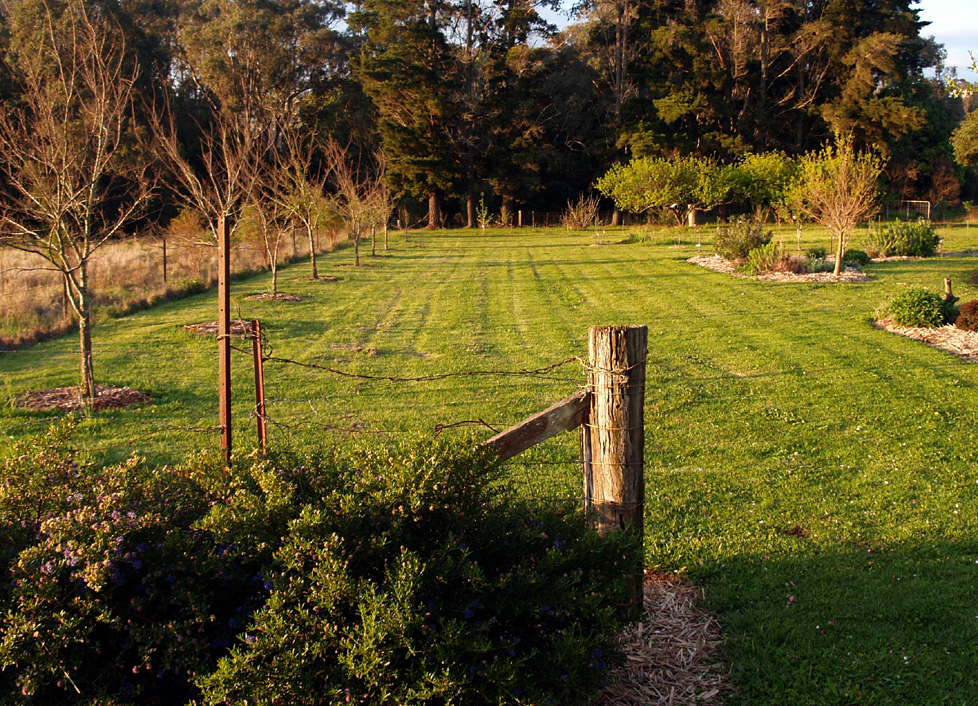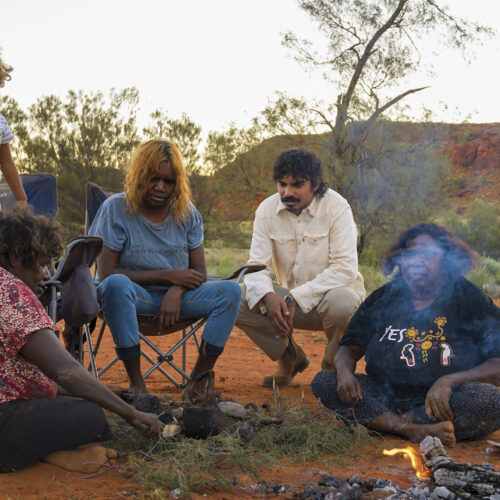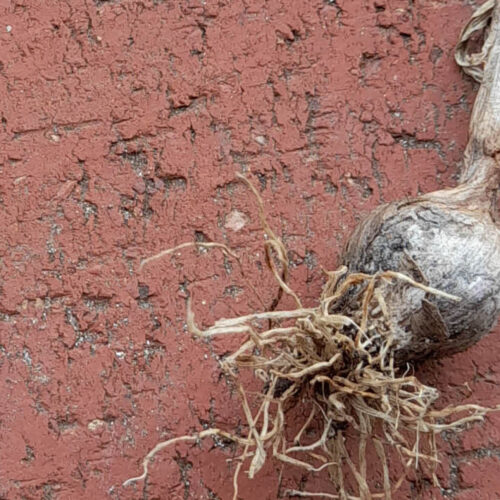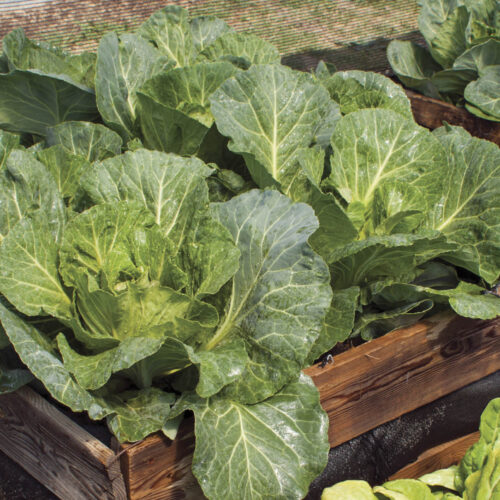Secret to an organic lawn
2016-12-14T22:00:00+11:00
In organic circles, lawns are oft seen as unsustainable. But it's possible to grow one organically, says JUSTIN RUSSELL.
It’s times like the Christmas holidays that you come to value those carpets of mown grass we like to call lawns. I’ve got quite a lot of lawn at my place, and my kids and their cousins have been using it well over the last couple of weeks. Lawn has played host to water fights, soccer matches, car races, bike rides, and lots of general kiddy fun.
Yet in organic gardening circles, lawn is a dirty word. Some of the criticisms directed toward lawns are legitimate. Keeping a swathe of grass looking perfect requires mowing, fertilising, weeding and for the really lawn-obsessed, de-thatching and coring. But it’s simply untrue that lawns can’t be maintained organically.
Most families with young children will want a space that’s large enough for ball games and other vigorous activity. So what’s the secret to maintaining a large lawn organically? It’s to not strive for perfection.
The perfect, emerald green and weed free lawn is a fool’s errand. An organic lawn that contains a mix of grass, clover and other herbs might not look absolutely pristine, but if it’s mowed regularly, it comes up very nicely indeed. I don’t weed or water my kikuyu lawns and they get fed nothing more than clippings. Still, they’re usually green and soft.
If you’re living in a summer dry climate, or have a very small block, or too much shade, a lawn may not be the best use of space. Make the most of what you have to grow food. But if you have room for a lawn, don’t obsess about it. Ditch the chemicals – they’re not necessary. If natural rainfall is sufficient, don’t worry about watering (unless you’ve got a decent sized tank or dam). Keep the blades on the mower fairly high to keep the grass roots cool, and let the clippings fall in place to provide a natural fertiliser. Ideally, mow with an electric or biodiesel powered mower, but at a bare minimum, use gear powered by a low-emission four stroke engine.
As for weeds, perhaps you might want to reconsider what qualifies and what doesn’t. Dig out the nasties like bindii by hand, but leave the goodies like clover to work its nitrogen fixing magic. In time, the lawn grass will thicken up and fill in bare patches, forcing the clover into areas of ground that are lower in nutrients. Organic lawns are possible!






